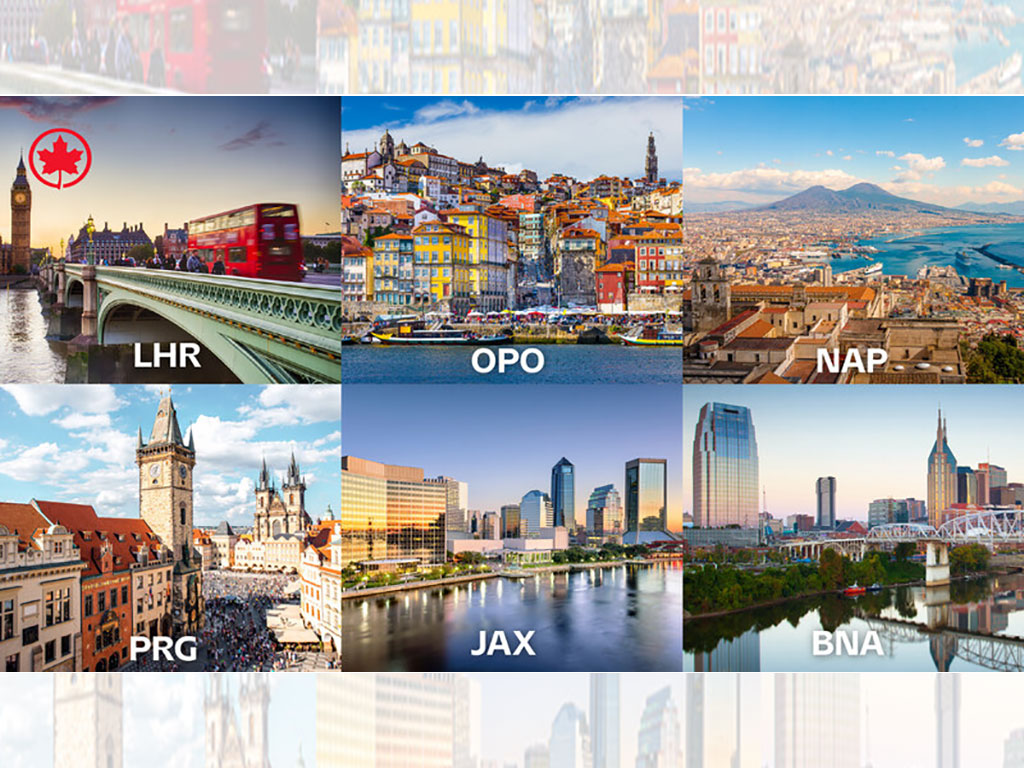Tourism At A Standstill

New research from the World Tourism Organization (UNWTO) reveals that 100% of global destinations continue to have restrictions on travel in place and 72% of those destinations have completely closed their borders to international tourism.
Since the beginning of the COVID-19 crisis, the United Nations specialized agency for tourism has been tracking responses to the pandemic. The UNWTO’s latest research shows that while discussions on possible first measures for lifting restrictions are underway, 100% of destinations worldwide still have COVID-19 related travel restrictions for international tourists in place.
Out of all 217 destinations worldwide, 156 (72%) have placed a complete stop on international tourism according to the data collected as of April 27, 2020.
In 25% of destinations, restrictions have been in place for at least three months, while in 40% of destinations, restrictions were introduced at least two months ago. Most importantly, the research also found that no destination has so far lifted or eased travel restrictions.
The WTO notes that opening the world up to tourism again will save jobs, protect livelihoods and enable our sector to resume its vital role in driving sustainable development.
UNWTO secretary-general Zurab Pololikashvili observed: “Tourism has been the hardest hit of all the major sectors as countries lockdown and people stay at home. UNWTO calls on governments to work together to coordinate the easing and lifting of restrictions in a timely and responsible manner, when it is deemed safe to do so.”
Pololikashvili points out that: “Tourism is a lifeline to millions, especially in the developing world. Opening the world up to tourism again will save jobs, protect livelihoods and enable our sector to resume its vital role in driving sustainable development.”
On a regional breakdown, the UNWTO’s research found that 83% of destinations in Europe have introduced complete closure of borders for international tourism.
In the Americas, this proportion stands at 80%, in Asia and the Pacific it is 70%, in the Middle East it is 62% and in Africa it is 57%.
The UNWTO has been working closely with international organizations, national governments and the private sector, to support the responsible and timely recovery of tourism.
Within the past two weeks, the UNWTO’s secretary-general has addressed Ministers of the G20 and of the EU Commission, making the case for tourism to be made a priority as countries look to recover from the crisis.


